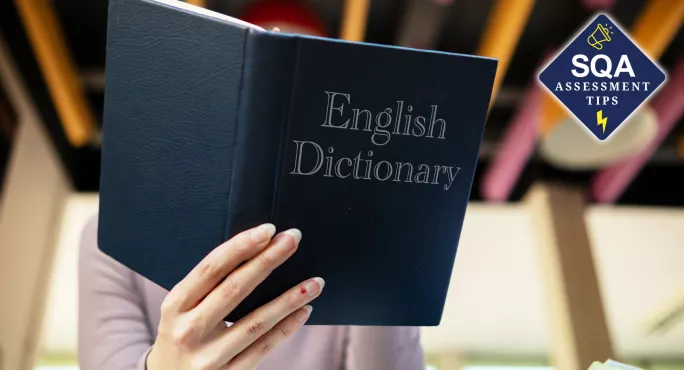The first 2024 Scottish Qualifications Authority (SQA) course reports were published in September, including English for speakers of other languages (Esol) at National 5 and Higher.
The Esol Higher was taken by 1,080 students in 2024, making it the 30th most popular subject at that level.
Here are six key points to emerge from the Esol course reports at National 5 and Higher:
1. Punctuation
A lack of capital letters or inconsistently used full stops will “significantly reduce the available marks for a piece of writing” in the Esol Higher. Teachers should provide texts without punctuation and ask candidates to add it in; tasks like this will “focus attention on the difficulty of following the message when punctuation is missing” and on the importance of accurate punctation
2. Start early on key skills
For the speaking and listening performance at Higher, teachers should ensure that students are focusing on improving their speaking and interactive listening skills “from the beginning of the course”.
3. Show understanding
Higher students should be “careful not to copy long chunks from the text” when answering questions in the reading paper that ask for short answers, since “this suggests they have not understood the specific information the question asks for and therefore they will not gain the marks”.
4. Stick to word limit
At National 5 Esol, students should be aware that, in the listening question paper of the exam, “they will not gain marks if they use more than the requested number of words”. Even if they include the correct information in an answer that goes over the word limit, “they will not receive any marks as it is not clear that they have fully understood the question”.
5. Vocabulary
Building “a depth of vocabulary across a wide range of topics” will help students to cope with the demands of the National 5 exam’s reading paper.
6. Recording conversations
Giving students opportunities to practise conversations at the right level of difficulty - and recording these conversations - is “an essential part” of preparations for the National 5 speaking and listening performance.
For the latest in Scottish education delivered directly to your inbox, sign up for Tes’ The Week in Scotland newsletter





